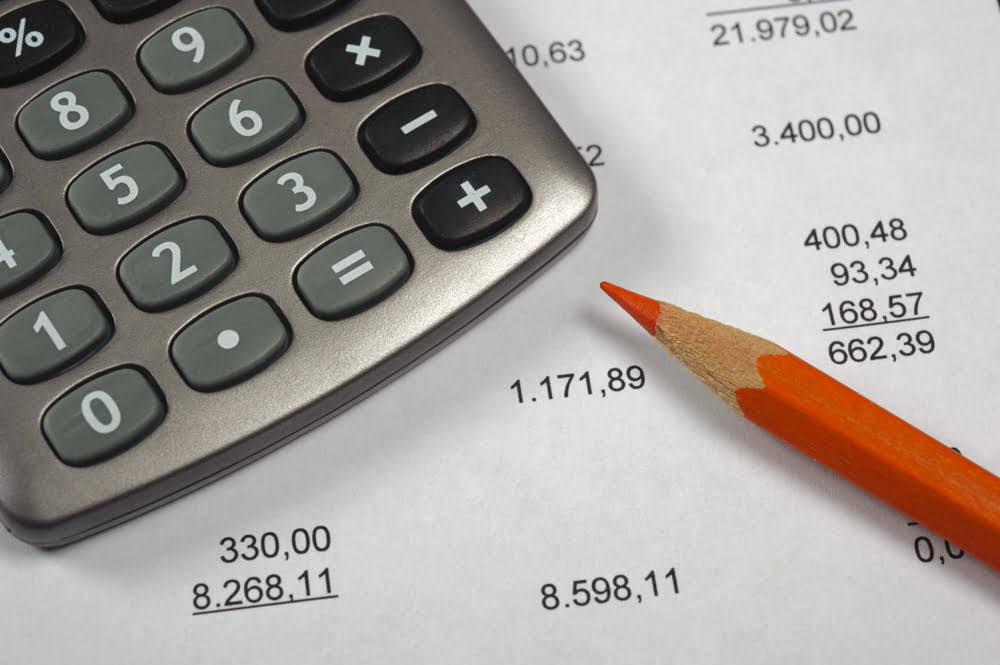
A Bookkeeper is responsible for recording and maintaining a business’ financial transactions, such as purchases, expenses, sales revenue, invoices, and payments. They will record financial data into general ledgers, which are used to produce the balance sheet and income statement. Any process of recording financial data is considered bookkeeping and is the first step of data entry into the accounting system. Standard methods of bookkeeping are the double-entry bookkeeping system and the single-entry bookkeeping system. Good bookkeeping practices are essential for a business to succeed, especially when it comes to the tax-paying season. One way to think about it is that bookkeepers lay the groundwork for accountants to analyze and prepare financial statements.
As bookkeepers work closely with raw data, they tend to develop a good understanding of how a business works. A bookkeeper can expect to earn a salary in the range of $30,000-$60,000 a year in the US. However, compensation will widely vary depending on the employer, location, and candidate experience.
Translations for bookkeeper
A bookkeeper provides a critical role in the data collection and data input of a business’ accounting cycle. When there is a proper system in place that avoids problems such as skimming fraud, the recorded financial data can provide valuable, actionable insight. A bookkeeper is responsible for recording transactions into the system, which is part of the wider and more general practice of accounting. Generally, a bookkeeper will provide an accountant with the trial balance, which is a consolidation of all the general ledger accounts, which the accountant uses to derive the Balance Sheet, Income Statement, and later the Statement of Cash Flows. Usually, the entry-level salary for both bookkeepers and accountants tends to be similar; however, the earning potential of an accountant tends to increase as their career progress. It is not uncommon for an experienced bookkeeper to make a career transition into accounting or another profession.
- A bookkeeper is responsible for recording transactions into the system, which is part of the wider and more general practice of accounting.
- Being consistent, accurate, and minimizing errors are key characteristics that employers are seeking for this position.
- Access and download collection of free Templates to help power your productivity and performance.
- Two days later he again appeared in the office with the result of a count that had been asked for by Mr. Hesse, the bookkeeper.
- The bookkeeper is generally responsible for overseeing the first six steps of the Accounting Cycle, while the last two are typically taken care of by an accountant.
These examples are programmatically compiled from various online sources to illustrate current usage of the word ‘bookkeeper.’ Any opinions expressed in the examples do not represent those of Merriam-Webster or its editors. Two days later he again appeared in the office with the result of a count that had been asked for by Mr. Hesse, the bookkeeper. Most of their content is geared towards small business owners, helping them with accounting and bookkeeping tips that go beyond simply promoting their product features and benefits. Access and download collection of free Templates to help power your productivity and performance.
Difference Between Bookkeeper and Accountant
Bigger companies tend to offer better compensation for bookkeepers; this is largely due to the increased volume of transactions and data. A multinational corporation performs hundreds of transactions a second, while a small business might perform less than a hundred in a day. Over 1.8 million professionals use CFI to learn accounting, financial analysis, modeling and more. Start with a free account to explore 20+ always-free courses and hundreds of finance templates and cheat sheets. Upgrading to a paid membership gives you access to our extensive collection of plug-and-play Templates designed to power your performance—as well as CFI’s full course catalog and accredited Certification Programs.

Being consistent, accurate, and minimizing errors are key characteristics that employers are seeking for this position. It is indispensable to have a knowledge of accounting and to understand how to use accounting software systems. The bookkeeper is generally responsible for overseeing the first six steps of the Accounting Cycle, while the last two are typically taken care of by an accountant. While there is a general overlap between the two professions, there are a few distinctions that are later discussed in this article.
Bookkeeper Synonyms
The Nazis placed a prisoner as the head of each section under the another name for bookkeeper overall charge of Oskar Stein, an office manager and bookkeeper.
- As bookkeepers work closely with raw data, they tend to develop a good understanding of how a business works.
- A bookkeeper can expect to earn a salary in the range of $30,000-$60,000 a year in the US.
- Upgrading to a paid membership gives you access to our extensive collection of plug-and-play Templates designed to power your performance—as well as CFI’s full course catalog and accredited Certification Programs.
- Good bookkeeping practices are essential for a business to succeed, especially when it comes to the tax-paying season.
- It is indispensable to have a knowledge of accounting and to understand how to use accounting software systems.
- A multinational corporation performs hundreds of transactions a second, while a small business might perform less than a hundred in a day.
































































